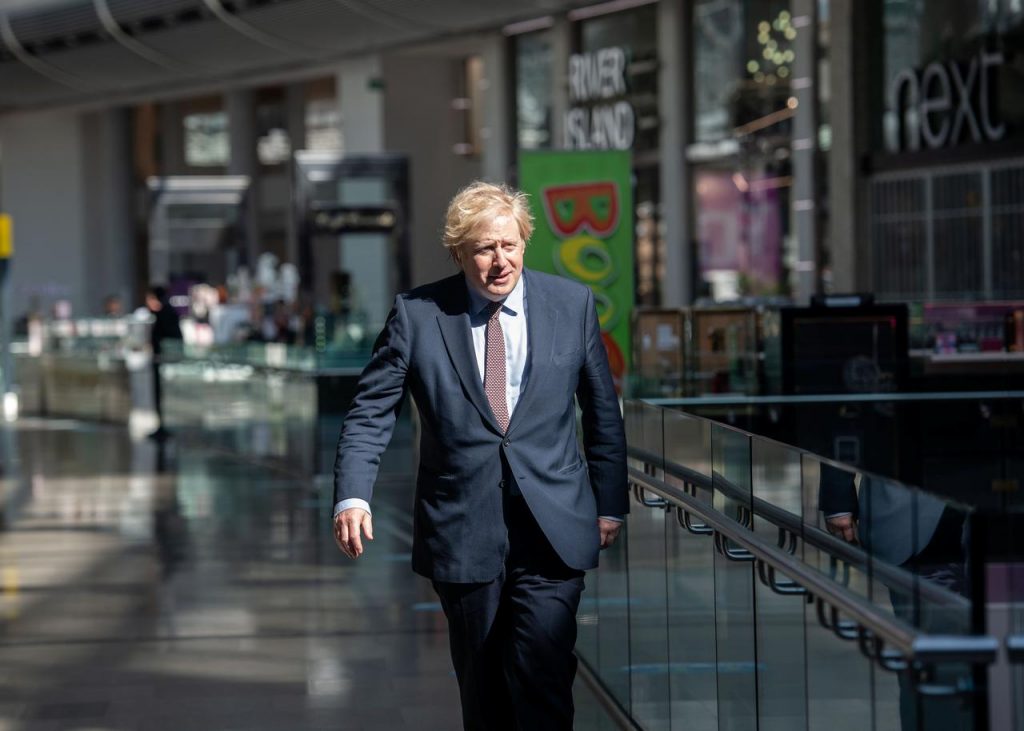British Prime Minister Boris Johnson said a cross-government commission would examine racism and the disparities experienced by minority ethnic groups in education, health and the criminal justice system following Black Lives Matter protests.
Johnson said he could not ignore the strength of feeling shown by tens of thousands of people who had demonstrated in British cities following the death of African American George Floyd in Minneapolis last month.
“What I really want to do as prime minister is change the narrative, so we stop the sense of victimisation and discrimination,” he said on Sunday.
“We stop the discrimination, we stamp out racism and we start to have a real sense of expectation of success. But it won’t be easy. We’ll have to look very carefully at the real racism and discrimination that people face.”
Simon Woolley, advisory chair of the UK government’s Race Disparity Unit, said some of Johnson’s language in talking of a “sense” of victimhood was “frankly unhelpful”.
“The ‘Great’ in Great Britain was predicated on slavery and colonialism. And its legacy we still live with today,” he told BBC Radio.
“The structures that lock people out – that’s not wallowing in victimhood, that’s an honest conversation. And we need to confront that.”
The protests have prompted a re-evaluation of the memorialisation of Britain’s colonial and slave-trading past.
Just over a week after protestors in the southwestern port city of Bristol tore down a statue of Edward Colston, who made a fortune in the 17th century from the slave trade, the owners of Colston Hall, a concert venue in the city, began removing the name from its front.
In a separate column in the Telegraph, Johnson said he was “extremely dubious about the growing campaign to edit or photoshop the entire cultural landscape” by tearing down statues.
“Let’s fight racism, but leave our heritage broadly in peace,” he added.


